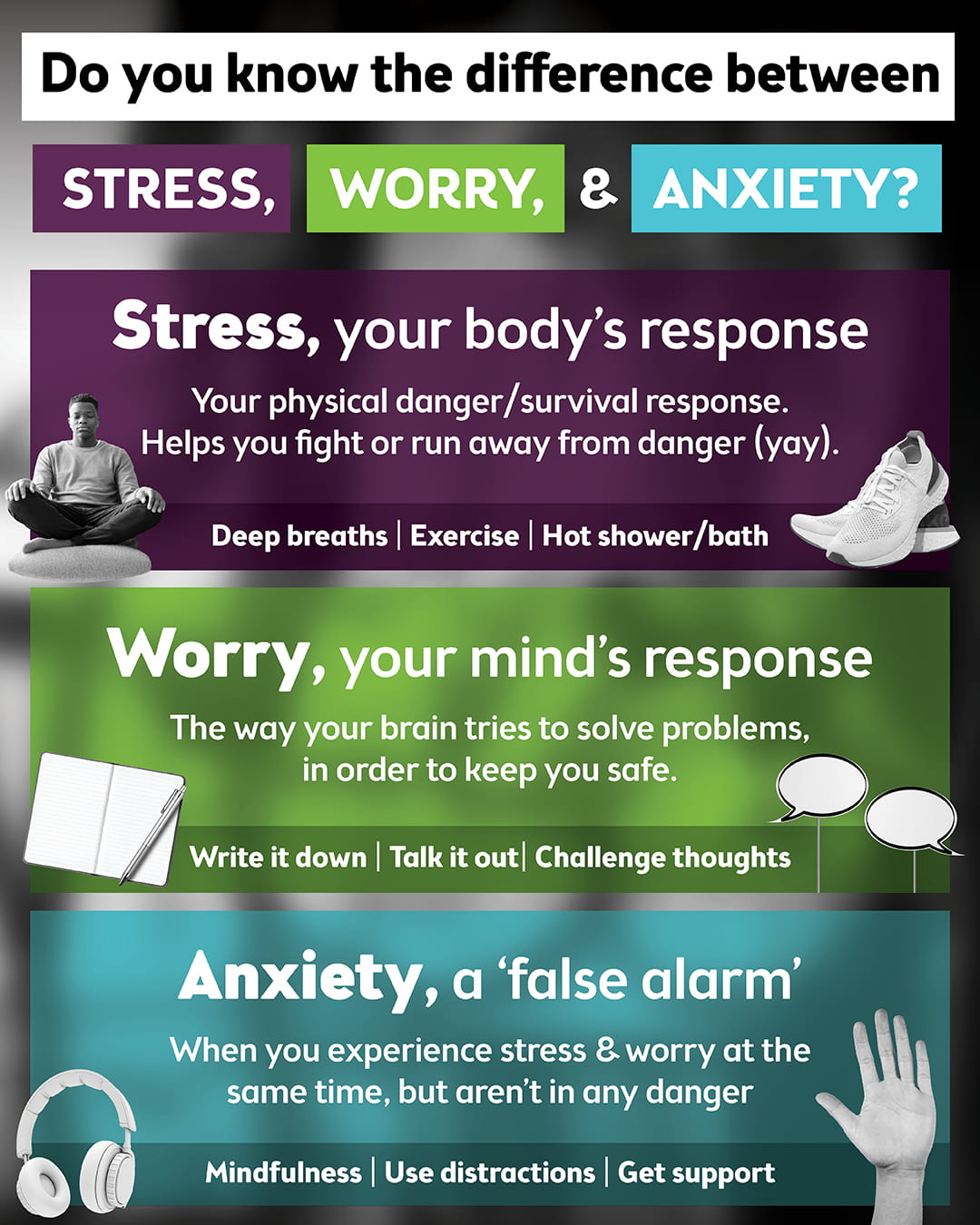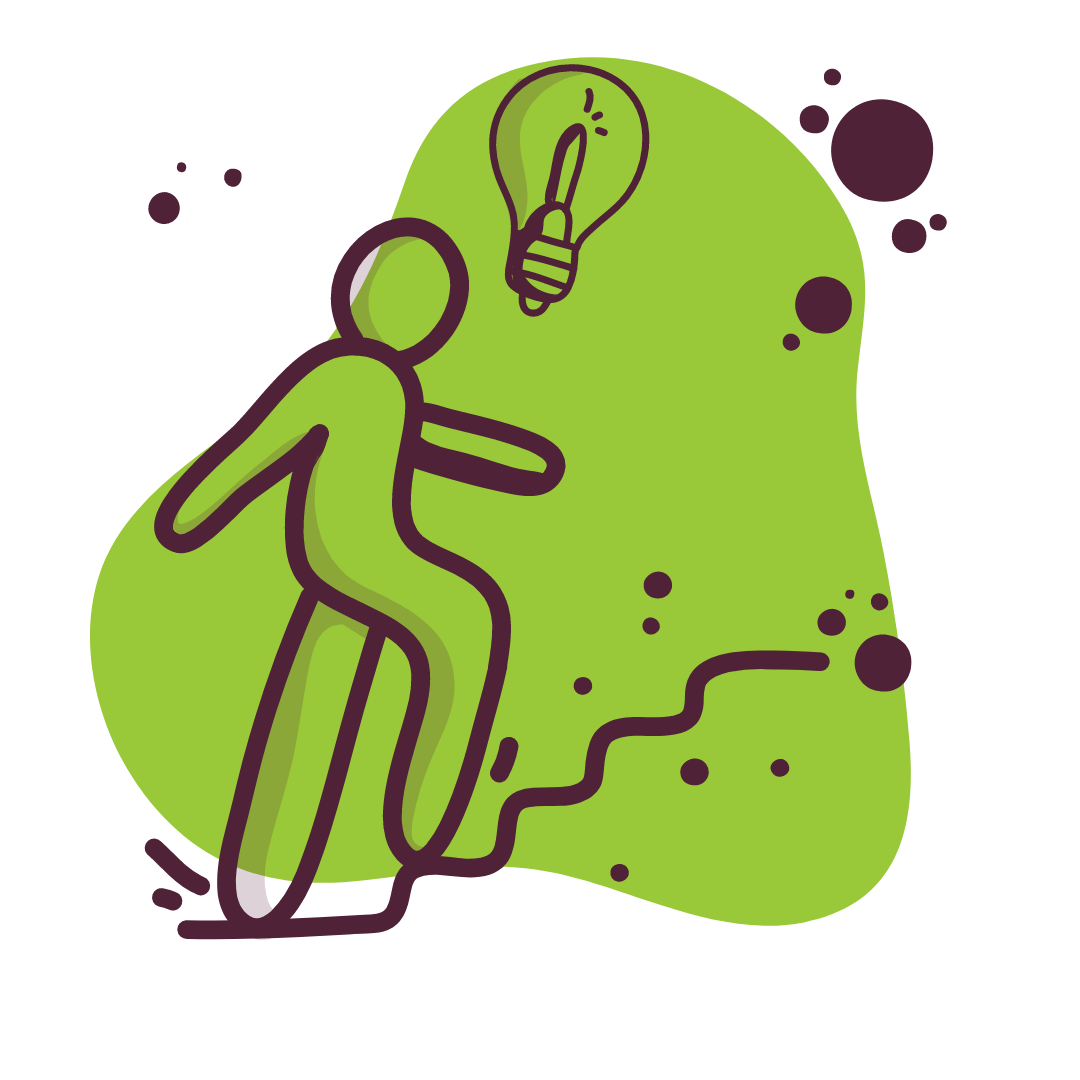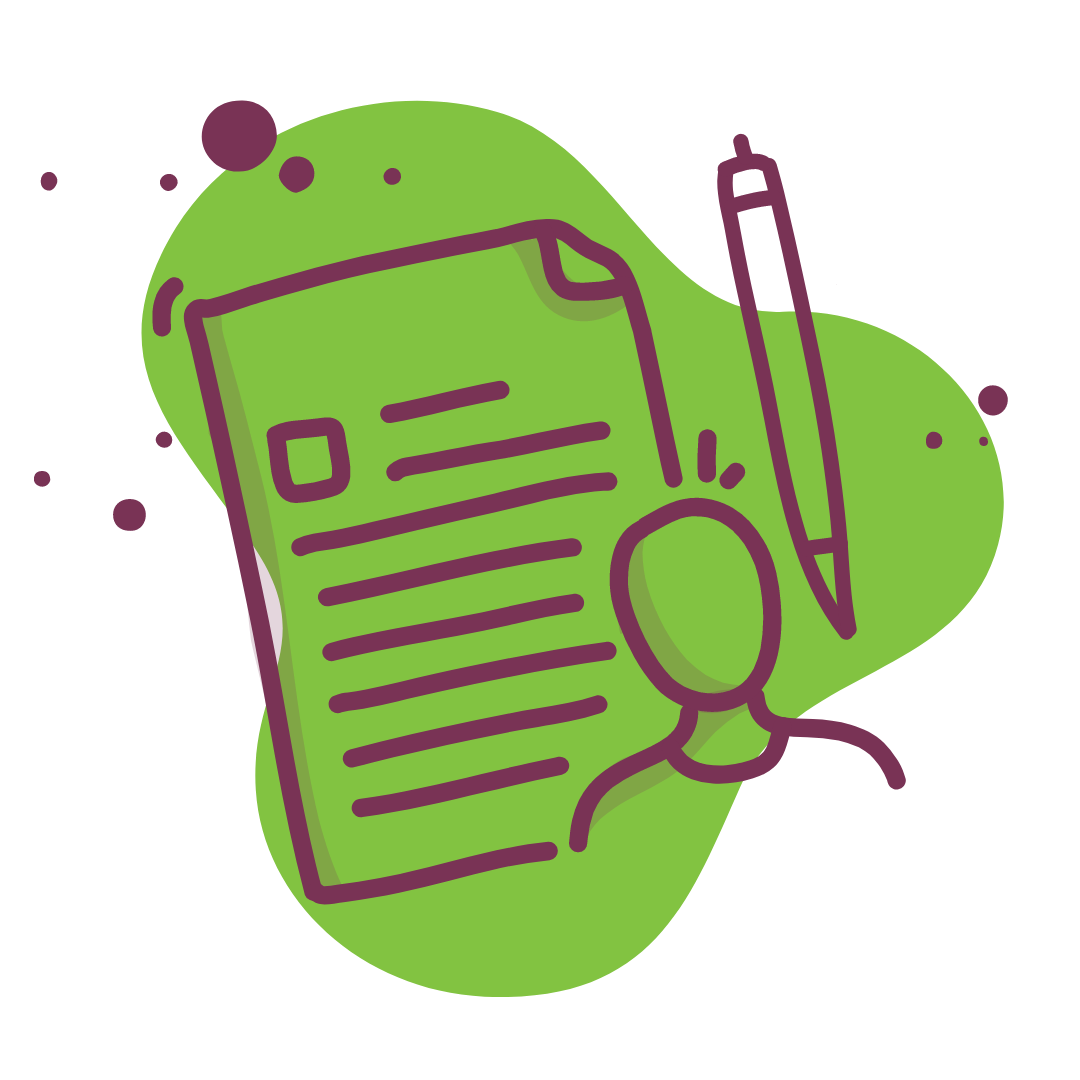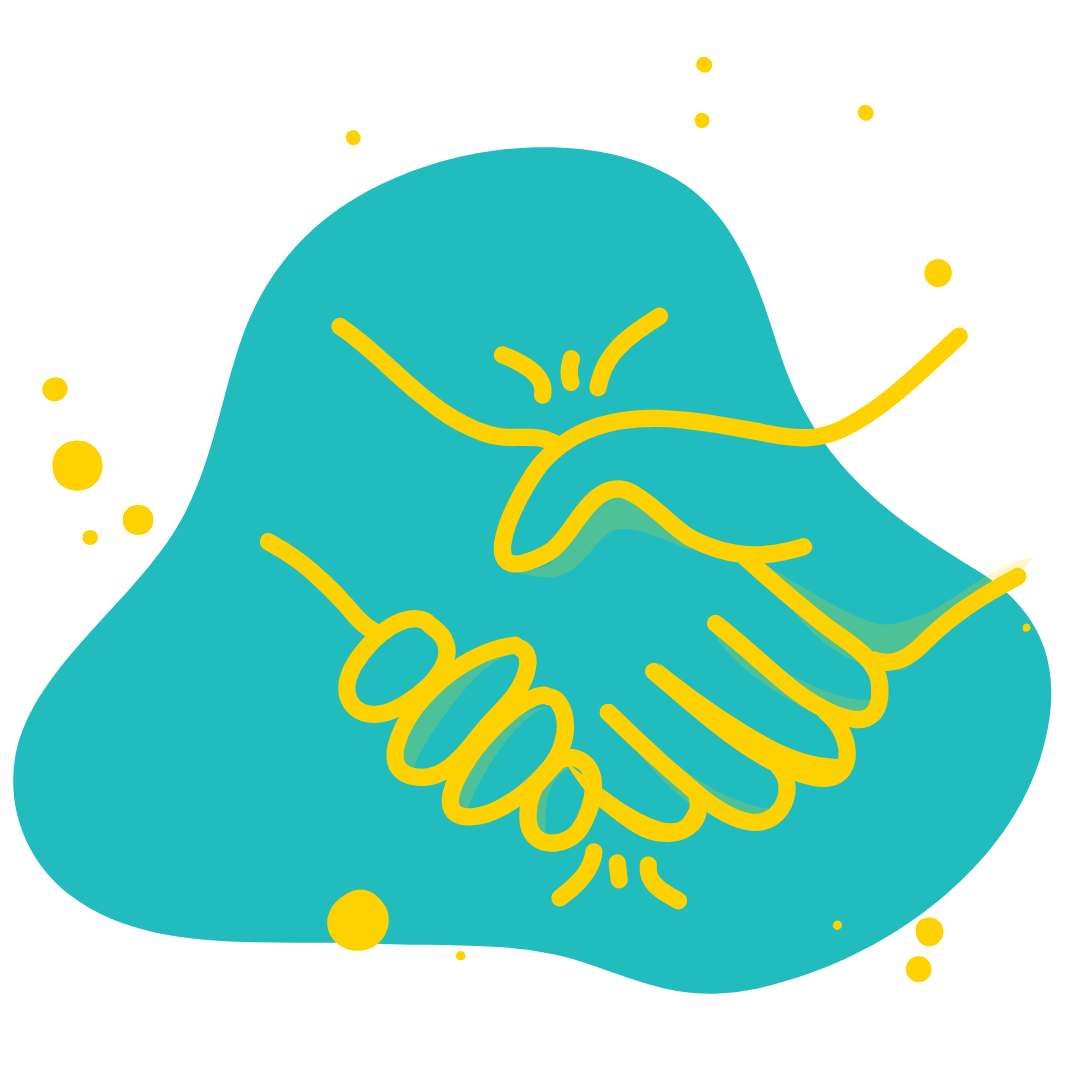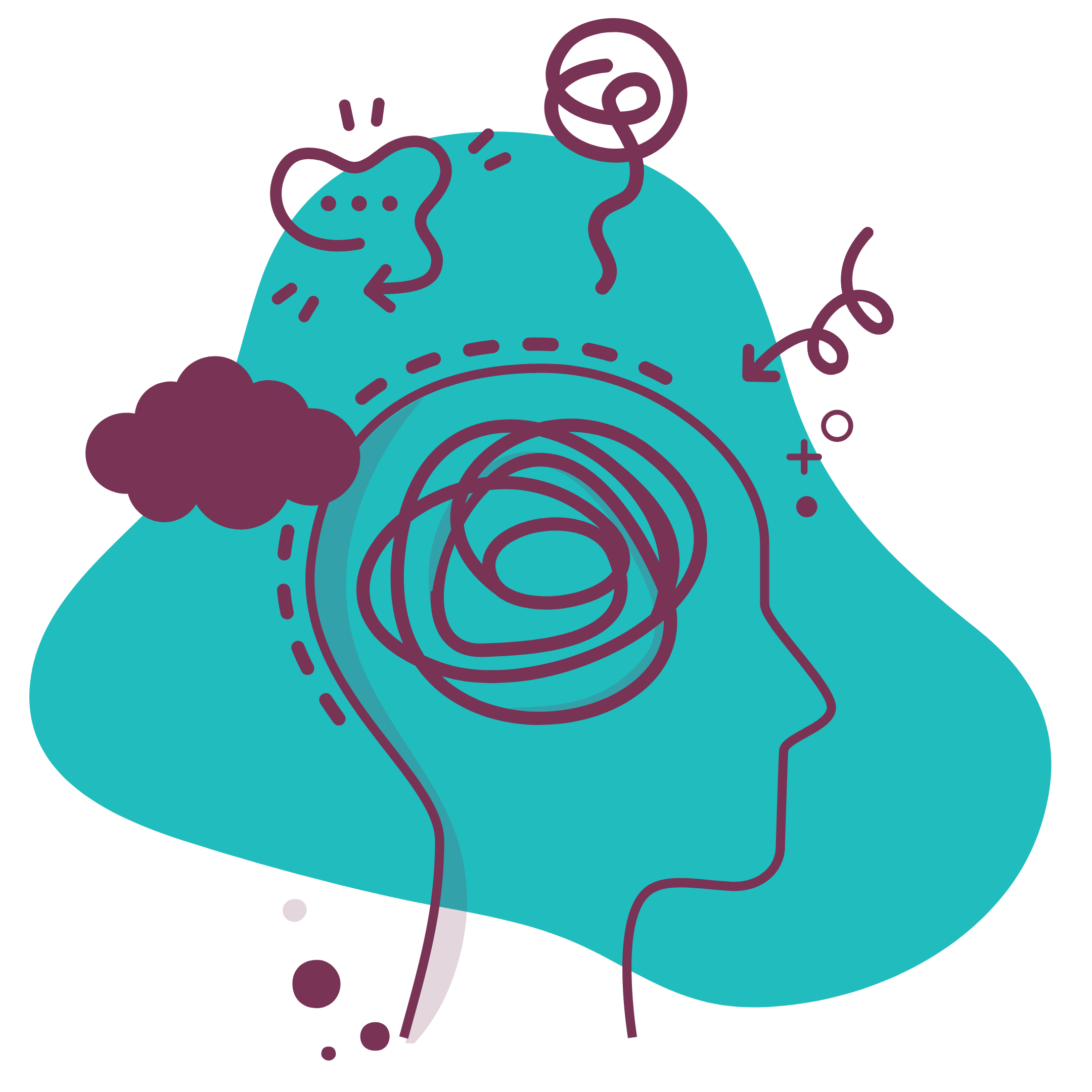
For many people, looking for work can be an anxiety-provoking experience.
Doing something new or different (like leaving school and starting a traineeship) naturally raises your anxiety.
Applying for jobs also means doing a lot of complicated stuff, like submitting applications and dealing with reporting requirements.
On top of that are a lot of unknowns – which can really add to your stress levels. Stuff like not knowing when you’ll get a job, not knowing if you’ll have enough money next week, etc... All these can add to your anxiety!
What is anxiety?
You've heard of "fight or flight”, right? Anxiety is a physical and psychological response that evolved to help keep us safe from danger.
This has been mostly by running away from it (‘flight response’) or attacking it head-on (‘fight response’).
In our modern world, our brain can misinterpret stress as danger, which results in ‘false alarms’ – where we feel anxious even though we’re physically safe.
When our stress is complicated or long-lasting, anxiety happens when you feel like you don’t have the ‘tools’ you need to deal with the situation.
For example, if you spent a few months trying to find a job, you might feel like you don’t have the knowledge (tool) of what to say in your resume, or the language (tool) to ‘sell yourself’ at an interview.
- Feeling nervous
- Feeling like ‘something bad’ might happen, e.g. “I’m going to make a fool of myself at that job interview.”
- Trouble sleeping
- Stomach or digestive issues
- Avoiding things that make you worry, e.g. “I just won’t apply for that job.”
- Racing heart
- Difficulty concentrating, e.g. “I don’t know what to say on my resume.”
- Feeling exhausted
- Sweating
- Feeling shaky or trembling
- Breathing rapidly
- Constantly thinking about your worries
Anxiety disorders
Anxiety that lasts a long time, is intense or overwhelming and interferes with your everyday life could be an anxiety disorder.
There are different kinds of anxiety disorders and you can have more than one at the same time.
The good news is that both ‘everyday anxiety’ and anxiety disorders are very treatable!
How to get the anxiety ‘tools’ you need
If you can identify why you’re feeling anxious, this can help you ‘problem-solve’.
For example, if you're worried about what to say or do in a job interview, talking with your supports can help you plan and practise answering questions.
This may not make your anxiety go away entirely, but it can help reduce it.
Many people find the more interviews they do, the easier it gets - as our anxiety lessens with ‘exposure’ to a thing that makes us feel anxious.

Make job interviews easier with these tips & tricks!
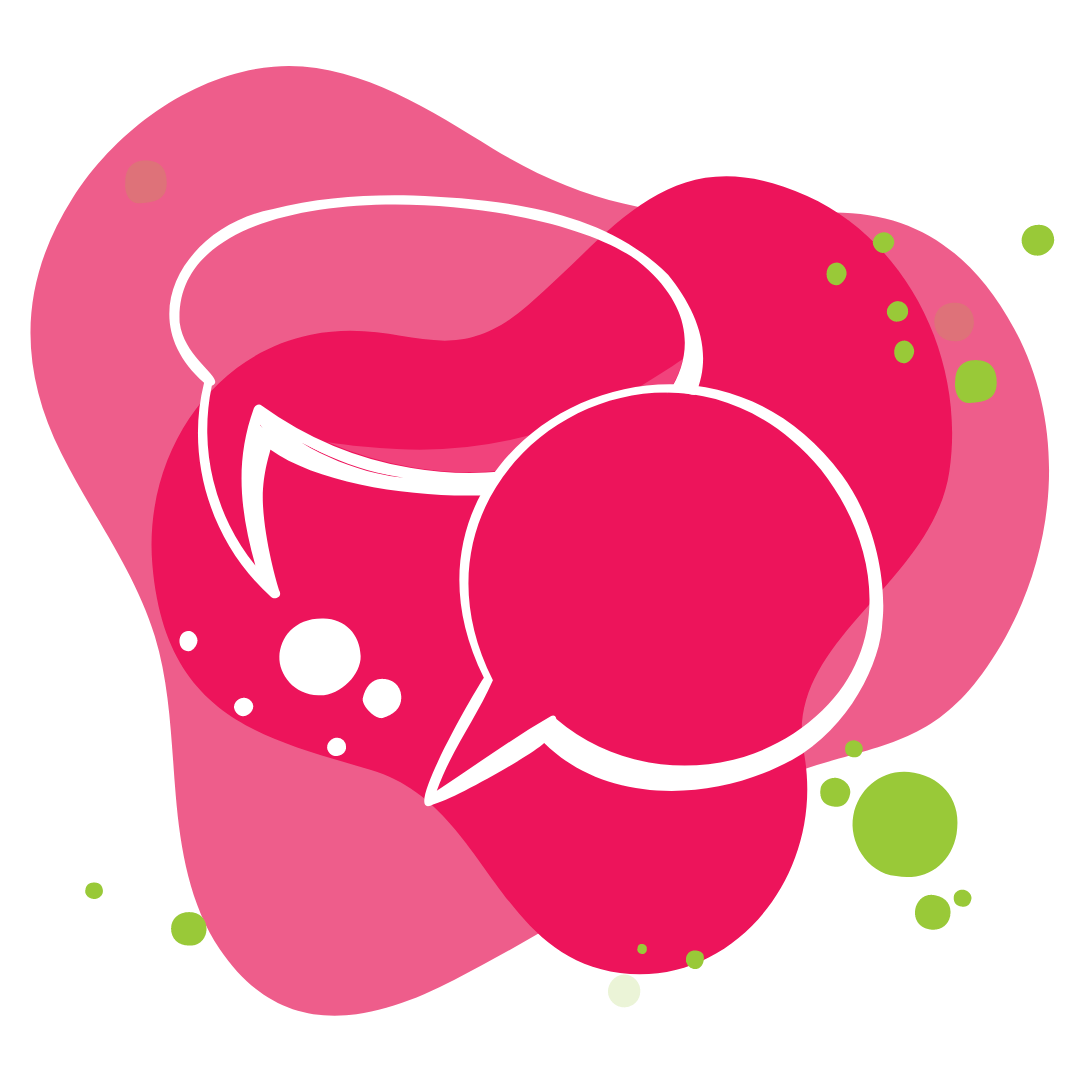
Dealing with anxiety
There are a lot of helpful ‘coping strategies’, which can help you manage your anxiety when you’re looking for work.
Here are some of the most common things you can try when anxiety is making your life difficult:
Breathing
Take some slow, calm and even breaths. Breathing like this makes your body feel calm, by slowing down your heart rate.
This can also affect your brain waves, which can help calm down your thoughts.
The great thing about breathing is you can do it anytime and anywhere, including at appointments and interviews.
Exercise
Because we are designed to run away from danger (‘flight response’), exercise like running or playing sport can help you feel less anxious.
Our brain also releases ‘feel good chemicals’ when we exercise which can improve our wellbeing.
Communicating
When we are anxious, some parts of our brain run on ‘high alert’ and work really hard, while other parts go temporarily ‘offline’.
Reading a book, writing your thoughts down, and talking to someone you trust (or a professional) can help re-engage your rational brain.
Mindfulness and grounding exercises
Mindfulness is all about connecting with your body in the present moment.
Our anxious thoughts can worry about the past or the future, but our body is always in the ‘right now’.
Connecting to the present moment can help you feel calmer by interrupting your worried thought patterns.
There are lots of way to be mindful or ground yourself. You could focus on three things you can hear right now. Or focus on the feel of your feet on the ground as you walk.
Mindfulness is another thing you can do anywhere.
Doing things you enjoy
There are lots of ways to manage anxiety and different things work for different people.
You know you best – you probably already have some great ways to manage anxiety.
It could be using distractions, like playing online games, playing with your pet, or going for a walk in the park…
The most important thing is to find things that help you personally de-stress and have a break from job hunting stress.
Want more tips? Check out these related articles!
